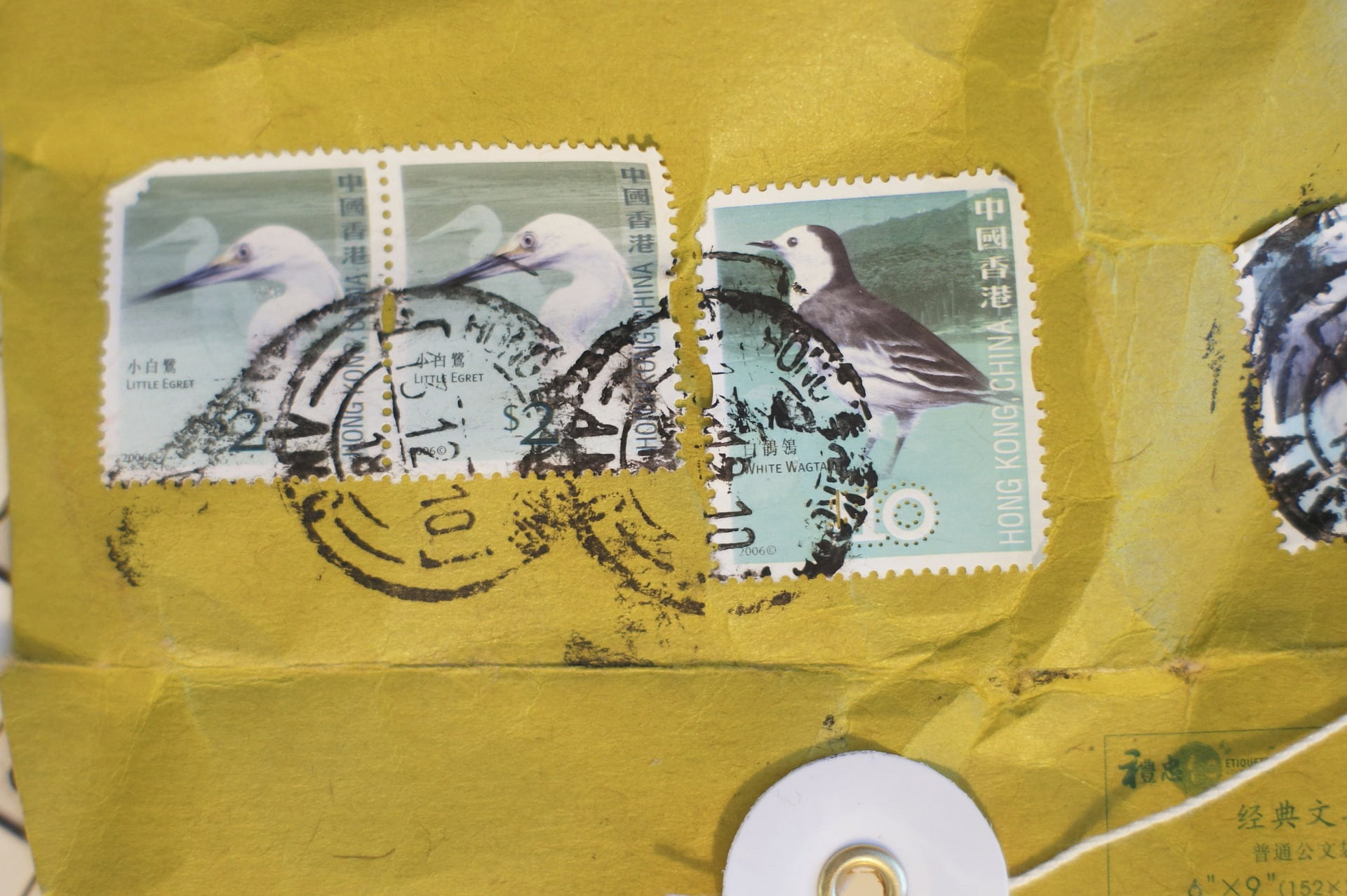Written and Narrated and Exercised and Made-up
by Owen A. Johnson, (until I change my name.)
Steltzel is unsure of what to do next. After all, what is one supposed to do when they’ve earned themself a place at the top of the ‘Most Wanted’ list? He supposes that leaving the city would be a good idea, but he’s short on funds. At this rate, he might as well steal some, as he can’t exactly make his fate worse. That would, however, draw more attention to him and his location, so Steltzel decides against it. He doesn’t want his dear mother to worry about him, so he wants to send her a message, surreptitiously, of course. He can imagine what might happen if the inspectors intercept him going to the old house, and if he sends a letter, it probably won’t make it there before they find it. Steltzel is not planning on dying today, whatever the city might want.
Since he’s not overly busy, (best leave the work to his accomplices), He goes off to a coffee shop in the east district. He hates it here. Steltzel is highly allergic to something they put in their drinks, so the only enjoyment he can get from this establishment is the work of stale cakes and the atmosphere, (it is on the river, even though this section was dammed up and is now dry as good firewood)
While he’s there, he takes an old man’s hat while he’s off in the bathroom, and crosses the river, ending up near a barber shop. He relinquishes his newly acquired accessory long enough to take several inches away from his golden curls, which he also has straightened.
Showing perhaps too much interest in a newspaper, (Muscoref Daily), Steltzel boards a tram that runs the length of the city. Around the borders of the sporting teams failure lurks a man Steltzel recognizes as an inspector, so he waits him out. He becomes very familiar with the headlines, as well as a picture of him, showing his luscious gilded curls, slightly crooked nose, and a small birthmark on his left cheek. Eventually, the inspector departs, just outside the north edge of the city. Still suspicious, Steltzel waits three more stops before getting off.
Since he’s so close to the northern gate, he decides to make one last stop before skipping town. At the closest post office, he buys a plain beige card, an envelope, and a stamp with a pelican on it. Finally, with the last of his meagre savings, he buys a pen, having foolishly forgotten one of his own. Had he prepared more for his life of crime, he might have been able to steal these, but the dark eyes of the mail-guards, (and more-so their handguns), deterred this course of action.
Steltzel sits down on a bench outside the office, and balances the paper on his leg. With many well-placed strokes, he explains to his dear mama why he won’t be coming home, giving as many specific details as he dares, including the nature of his crime.
Then, he signs his name on the bottom, finishing with a thick inky flourish,
Steltzel Umeny, Esquire
He places the card into the envelope, seals it with two quick passes of his tongue, and applies the pelican stamp. As he enters back into the office, he notices three inspectors loitering around the opposite street, so he quickly places his letter in an appropriate letter-box.
He feigns going to the bathroom, which is at the end of a hallway at the back of the office, and darts out a side door when he’s sure the inspectors couldn’t see him.
It appears they didn’t need to, however, as he is greeted upon exciting by not only the cold autumn breeze, but also a baton striking him in the face, shattering his nose.
As he will eventually learn, there had been five inspectors, two of whom had gone to block off the other exit to the building. The inspector on the tram had noticed his birthmark when he boarded, and had radioed for backup right after getting off.
He never finds out if his letter made it back to his dear mother, as the severity of his wrongdoing, and the severity also of his extrajudical torture, (which was quietly permitted on account of his great crime, though was still best kept out of the public eye), made it so his last few days are solitary ones. His execution is in a private place, specifically a muddy field out back of the inspectorate’s main prison, with only the twelve riflemen and the inspector-general present, (not even a priest was allowed, as Steltzel’s soul is already beyond saving).
Did he regret his last day of freedom? Perhaps.
If he had known he was to be caught, what would he have done differently?
There are many ways you could answer, some obvious, some less so.
At the very least, I think he would’ve gone to a better coffee shop.

